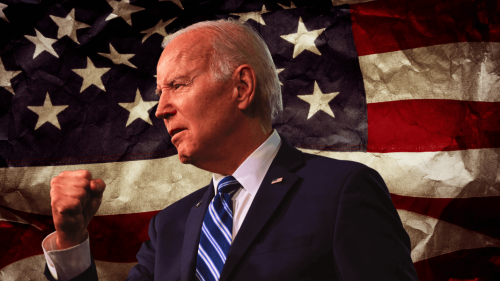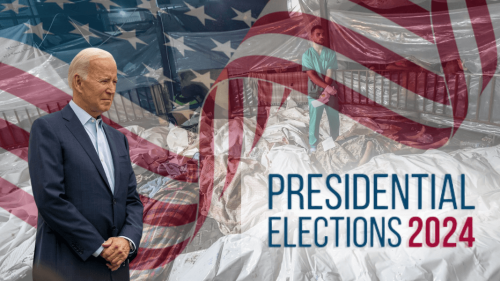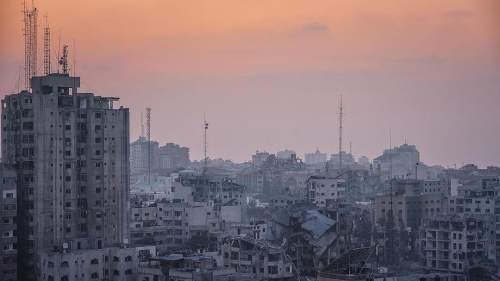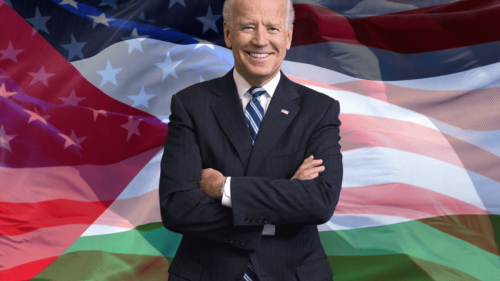Abstract calls for Arab Development
 |
The first Arab Human Development Report (AHDR), published by the UNDP in 2002, was published at a time of great confusion. The international community was trying, in the aftermath of the 9/11 attacks, to understand what had gone wrong in contemporary Arab societies, seeking to account for their failure to develop economically as well as politically. The report offered the basis of a sound answer, highlighting the existence of fundamental deficits in the areas of knowledge, freedom, good governance and the enabling of women. It displayed independent, rational Arab voices as opposed to the apologetic explanations of autocratic governments and the irrationality of Bin Laden and Ayman Al- Zawahri. It became politically correct to refer to the report whenever the Arab condition was debated. The conceptual framework of the Middle East Partnership Initiative, launched in 2002 by the State Department, for example, leans heavily on the findings of the first report.
The second AHDR, published 2003, focused on education and was just as crucial as its predecessor in setting an agenda for the Arab world. In discussing the status of acquisition, reproduction, and dissemination of knowledge AHDR 2 shocked the world with its picture of underdeveloped Arab countries where oil revenues and foreign aid have failed to minimize illiteracy rates or sustain viable, modern education systems. It offered a powerful incentive to balance the preoccupation with the politics of the region with an awareness of its social and cultural shortcomings.
Last week the third report was released. Under the title Towards Freedom in the Arab World it offers a solid, if far from unfamiliar, analysis of the absence of democracy and good governance between Morocco and Bahrain. By referring to repressive state structures, deficient legal frameworks, corrupt ruling elites, weak opposition movements and the socio-economic marginalization of large segments of the Arab populations to explain the persistence of authoritarianism the authors of the report echo a regional wisdom which is less and less questioned. The US and Europe subscribe to the same diagnosis and share the goal of promoting democracy in the Arab world. Although the report's authors criticize the US for its policies in Iraq and Palestine, they acknowledge in the outlook section on future scenarios the importance of Western, primarily American, efforts to press Arab governments on democratic reforms.
The third report has appeared at a crucial moment, when a trend towards democratization is emerging in the Arab world. Confronted with increasingly disenchanted populations and international pressures a number of Arab governments have embarked on the road of political reform or accelerated the pace of its realization. Regional conditions, following the collapse of the Baath regime in Iraq, have helped unleash unprecedented debates on democracy in countries as different as Egypt, Saudi Arabia and Lebanon. Never before have the Arabs been as receptive to the ideals of democracy and human rights as they are now. Never before has their interest in practicing their political rights been as genuine and far-reaching as it is now. In a region with a political culture of passivity there is something truly revolutionary about the change.
The new report feeds on the momentum of democratization in the Arab world and pushes it to the forefront. Phrases such as "a democracy that ensures liberty is the most fertile soil for social progress," and "no Arab thinker today doubts that freedom is a vital and necessary condition for a new Arab renaissance," will be quoted in press conferences at the State Department in Washington, as well as by the Egyptian opposition movement "Enough" and gatherings of Saudi reformers seeking to reaffirm the legitimacy of calling for democracy and freedom as the first priority of all Arabs. To have these clear statements published under the banner of the UNDP and substantiated by scientific indicators -- public opinion surveys, updated data on corruption and violations of human rights etc -- makes them more credible for an international audience than the declarations of Arab activists.
Yet it would be erroneous to suppose the third report will have the same impact on global thinking about the Arab world as the first and second. There is nothing dramatically new or explosive about it. Although the region is changing in a profound way Arab confusion over a future agenda has vanished. Indeed, looking at the Arab world 2005 it becomes clear that the central question facing internal and external actors is not whether freedom and democracy represent legitimate goals of human development but rather how to promote and consolidate them. Effective strategies are the missing elements in today's Arab picture.
On this question the new report is, apart from tautological statements on the need for substantial reforms and abstract calls for innovation, regrettably silent. It is all about goals with very little about means. As such the report, though valuable, falls short of the real challenges at hand.
Mr. Amr Hamzawy is senior associate at the Carnegie Endowment for International Peace and a contributing writer for Al-Ahram Weekly.
Related Suggestions
All I can say is that anyone who thinks that Democracy and Islam are mutually exclusive is ignorant. Either they do not understand Islam or they do not understand Democracy or both. My guess is both.
Wa allahu alim
Salim
I guess one can argue it might be better for the current Arab population; but does one really believe that America and the West will not have a major influential part in the new Governments if they ever arise. Most likely it will be the same faces with new names; still puppets on a string.
As to human rights; it is a term that really has no value as there is no real influential world body that actually defends it universally without hypocrisy. Also human right is a term that covers certain items in such a manner that will have open conflict with Islam.

















